Written by Shira Druion
Pesach is a wonderful time of the year! The time when we get to recall how God took us out of Egypt with a “mighty hand and an outstretched arm!” It is this time of year when we are required to remember all that God did to save us and also to reconnect with the journey of the Jewish people from slavery to freedom.
There are several interesting and powerful Pesach traditions that have become part and parcel of the Pesach holiday and through doing them, we are able to plug into the holy energy of the holiday and remember all the “miracles and wonders” that God did for us in Egypt.
First and foremost, we rid ourselves of all our chametz! Those of us who have observed Pesach will recall how careful we are to throw away all of our chametz before Pesach. On the eve of Pesach, we have the famous Pesach tradition of burning the chametz. In Israel, you will see many people burning their chametz in big bonfires all over the country! It certainly helps to get you into the mood of the holiday of matzah.
Another famous Pesach tradition that we prepare for the Pesach seder is the seder plate, which is a plate filled with Pesach symbols to remind us of the many important parts of the Pesach story.
1: Beitzah (hard-boiled egg): This reminds of the festival offering that was brought in the Temple
2: Maror (bitter herbs/horseradish): This reminds of the bitter tears that the Jews cried in Egypt
3: Charoset (wine + apples + nuts): This reminds us of the cement that the Jewish people had to use for their backbreaking labor
4: Karpas (spring greens, parsley or another green vegetable): This symbolizes the coming of spring. In the Ashkenazi tradition, it is dipped in salt water, which represents the tears of the Jewish people when they were slaves.
5: Chazeret (romaine lettuce): This also reminds of the bitterness of the slavery in Egypt
6: Z’roa (shankbone): This represents the Paschal lamb offering the Jewish people had to bring in order to leave Egypt
The seder plate takes us all the way back to our slavery in Egypt because it is through the process of the seder that we honour the way God took us out of Egypt. The way that He took us out is represented through another famous Pesach tradition, that of the four cups of wine. Each cup comes to teach us of a particular kind of salvation that God did for us when He took us out of Egypt. In fact, according to our tradition, this obligation has its roots at the beginning of Chapter 6 of Exodus. It is in this book of the Torah that God reassures Moses that He will redeem the Jewish people, and in doing so uses four different words for the concept of redemption: “I shall bring you out from under the burdens of Egypt; and I shall deliver you from your bondage, and I shall redeem you with an outstretched arm and with great punishing judgements; and I shall take you to Me for a people and I shall be for you a God.”
Another famous Pesach Tradition is eating the delicious and crunchy matzah to which so many of us look forward. Those first crunchy bites remind of the hurried way in which the Jewish people ran out of Egypt in the dark of night during the plague of death of the firstborn.
Matzah also reminds us to stay humble and to put away our ego during the festival of Pesach!
Pesach is filled with many fascinating and delicious Pesach traditions – make sure to do them all!
Enjoy the seder!
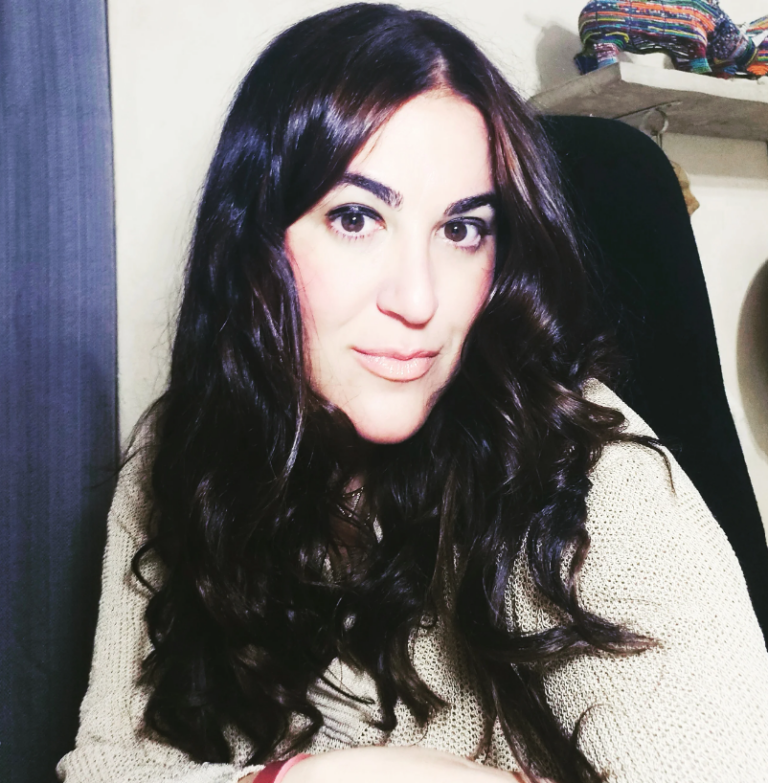

Shira Druion obtained her Bachelor of Arts degree in English, psychology and education and then qualified as a speech and drama teacher through the Trinity College of London. She is an experienced journalist, the former editor of YALLA magazine and the executive editor of PERSPECTIVES, the magazine of Aish UK. She has been an educator for many years, teaching students from nursery age through to university, where she lectured on communication and writing skills. She currently co runs the Aish schools department, teaches at Hasmonean Girls School, tutors English and runs her own drama company called Dramatix, where she teaches a broad age range of students. Shira is passionate about women’s education and runs womens programmes in the community.



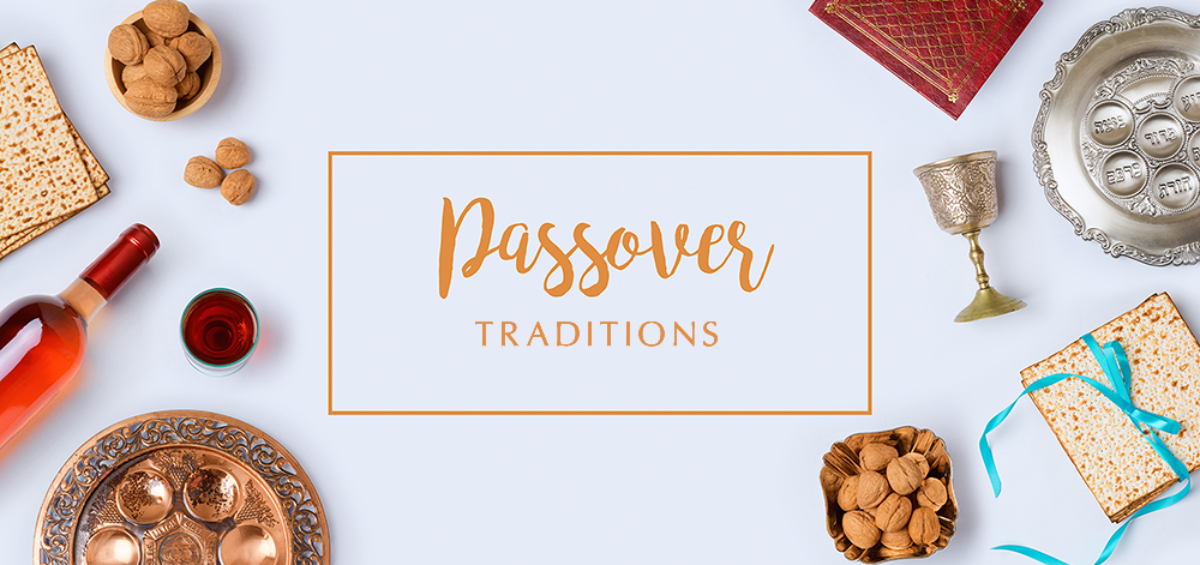
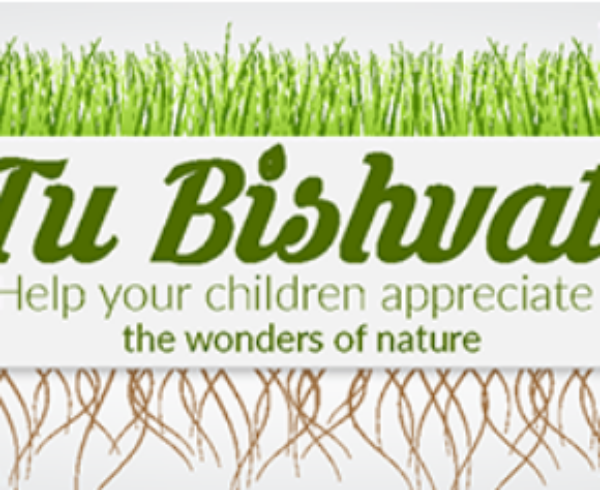
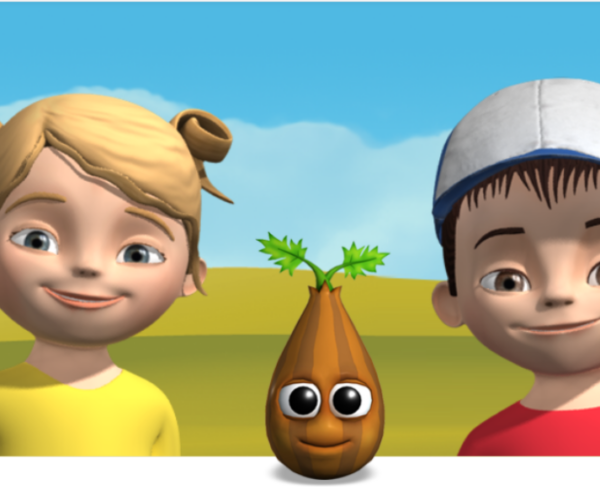
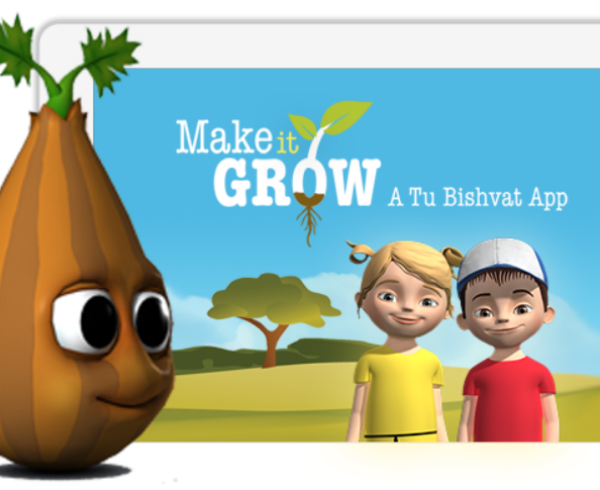

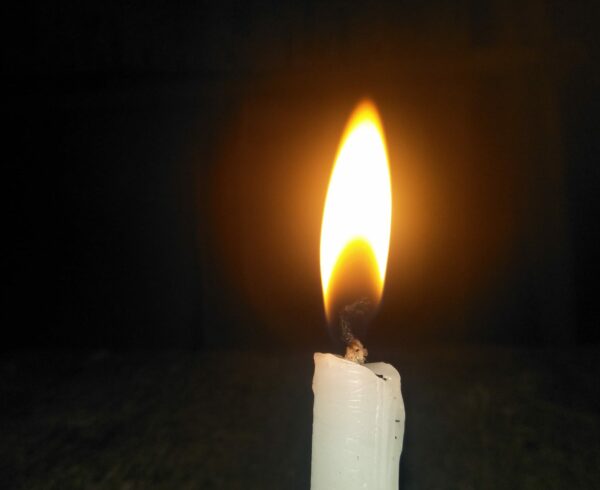


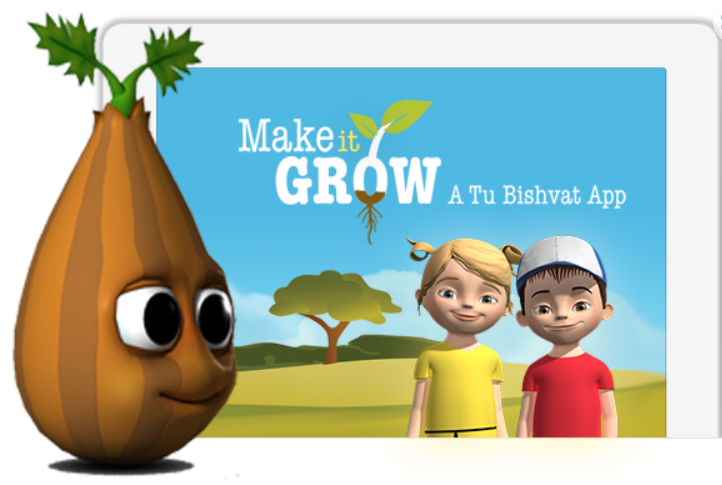
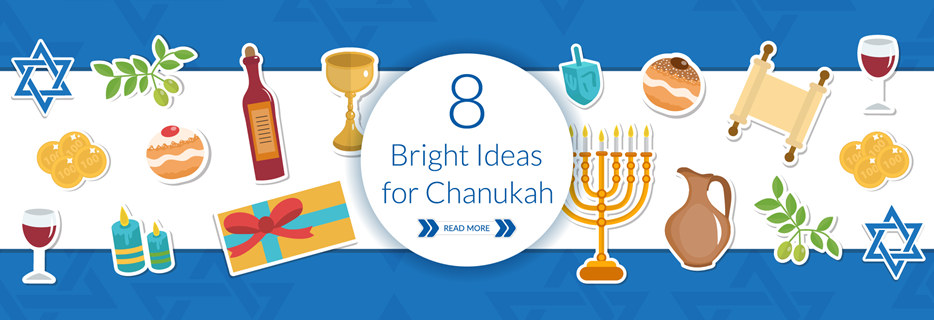
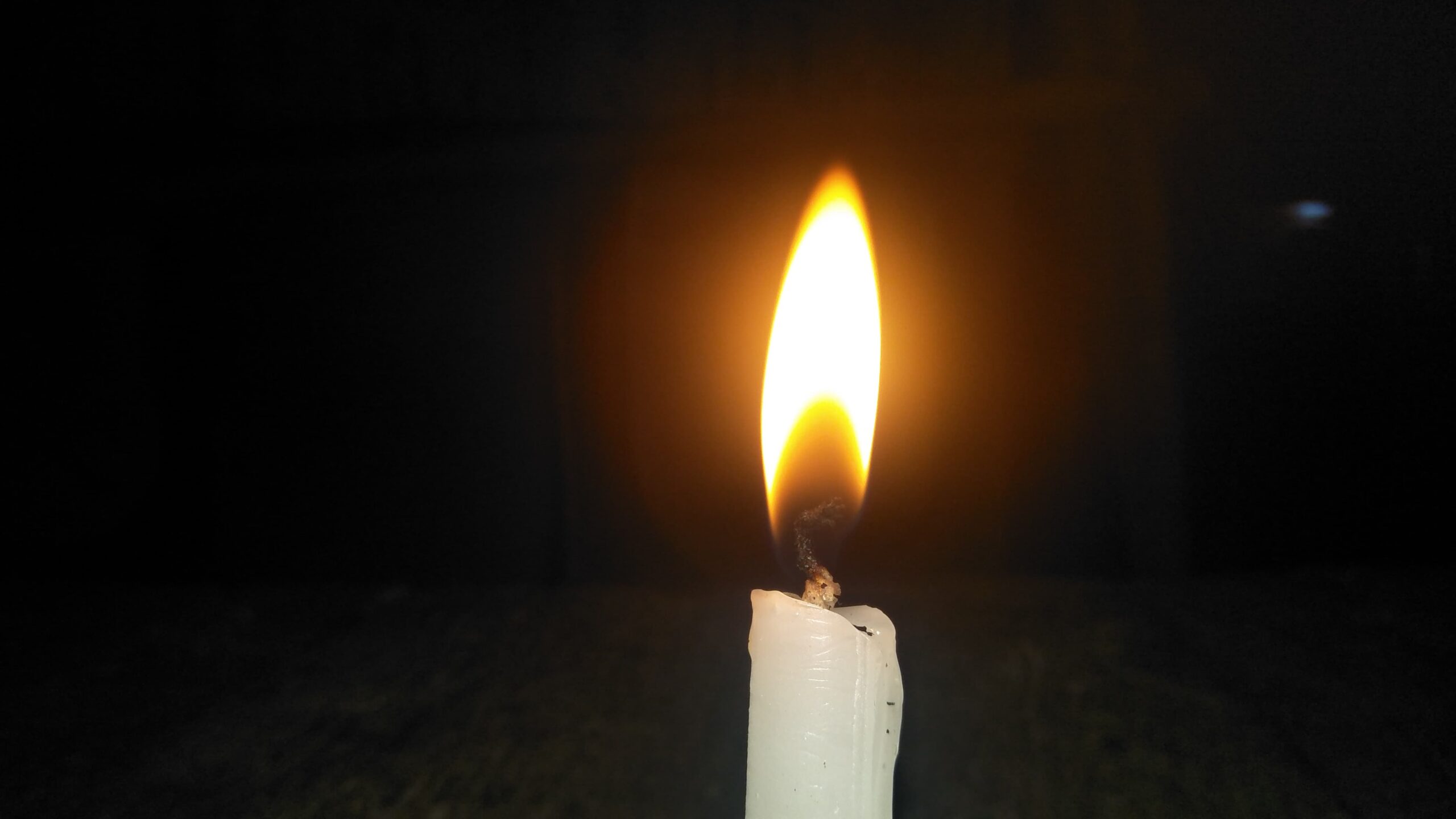
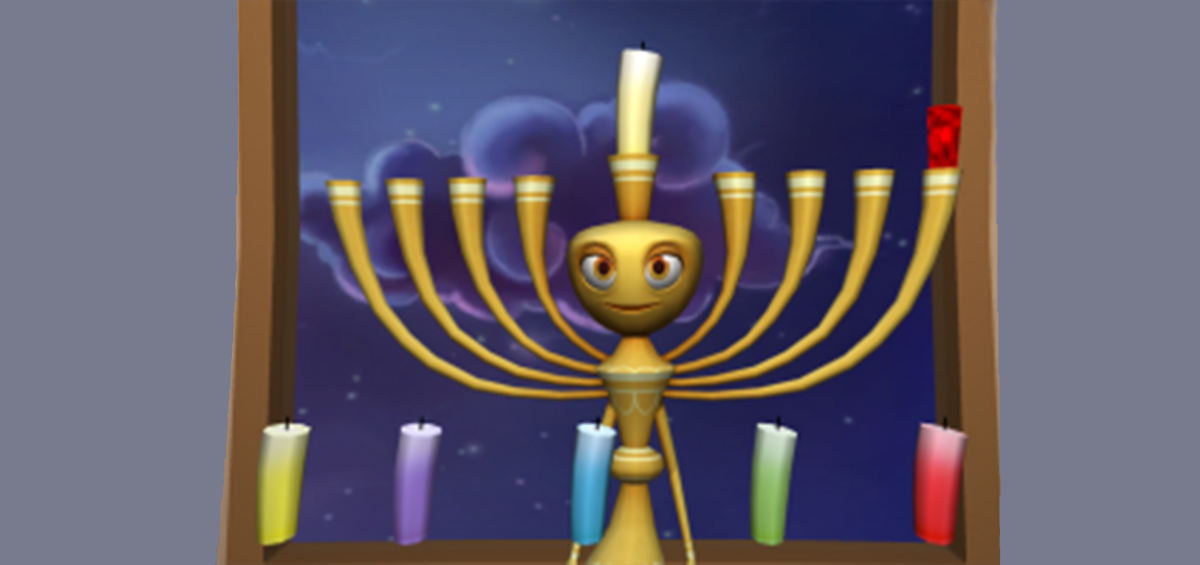


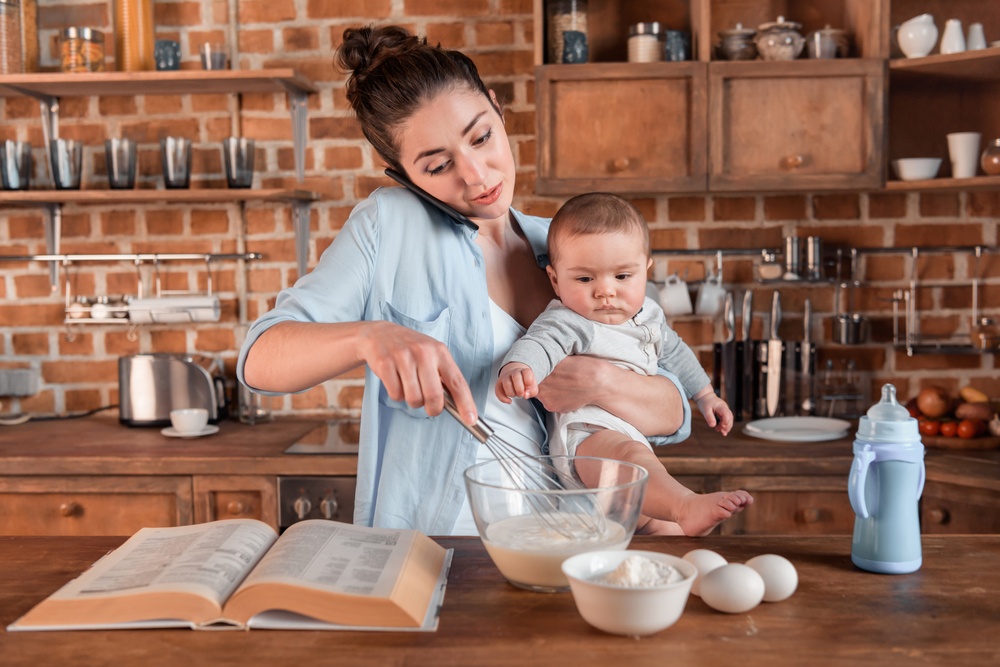
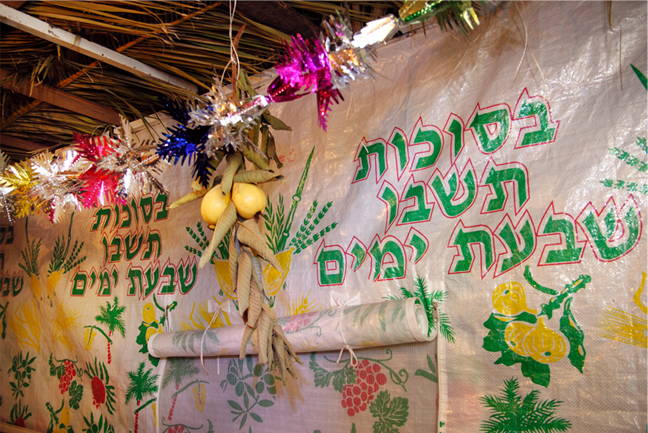

Leave a Comment